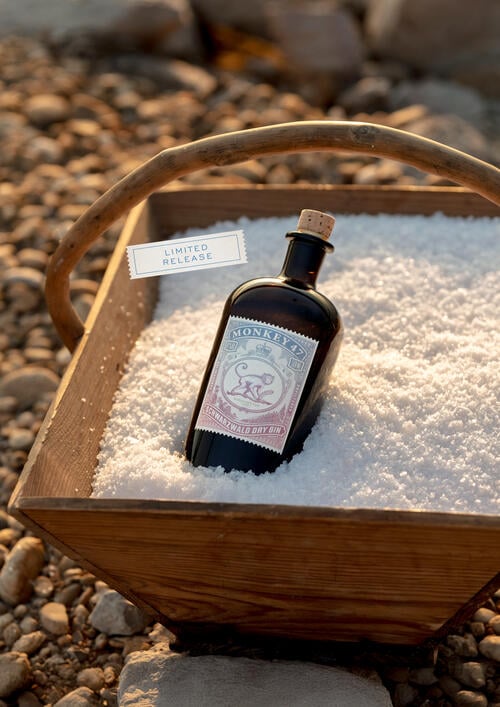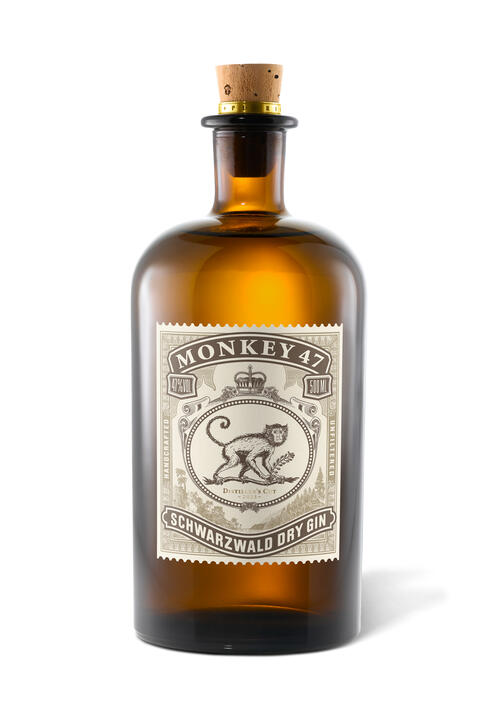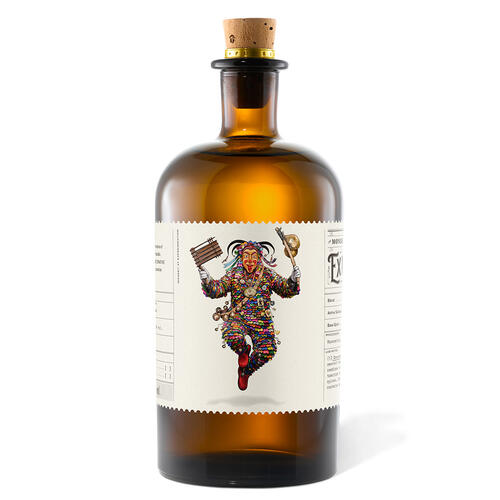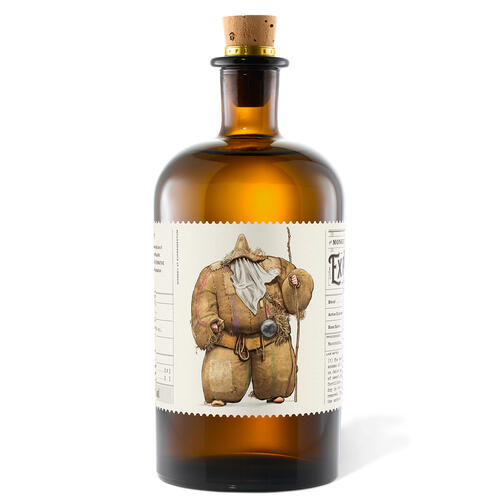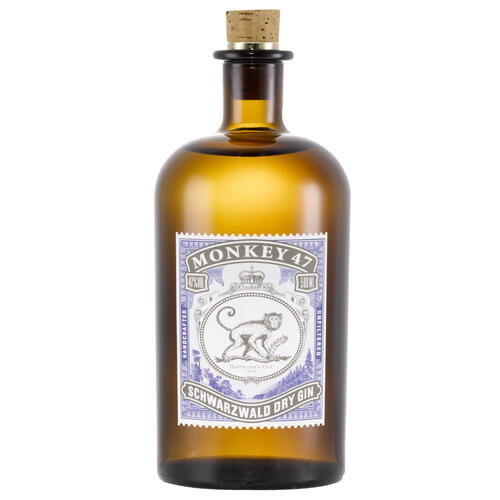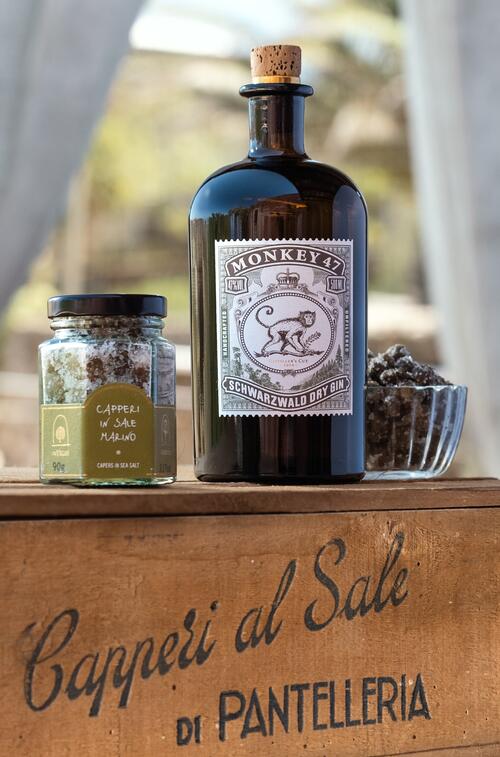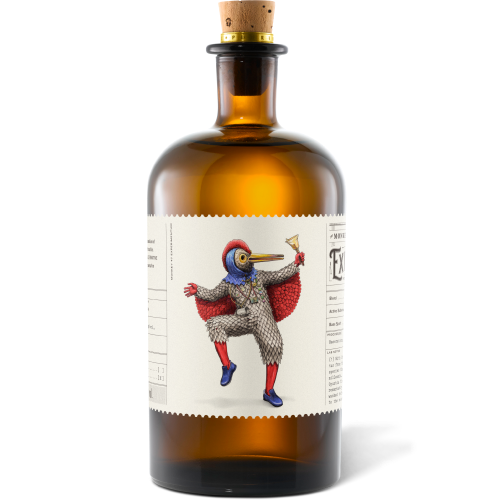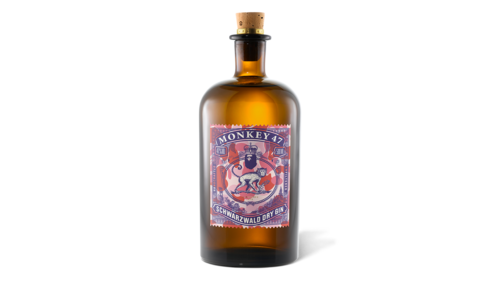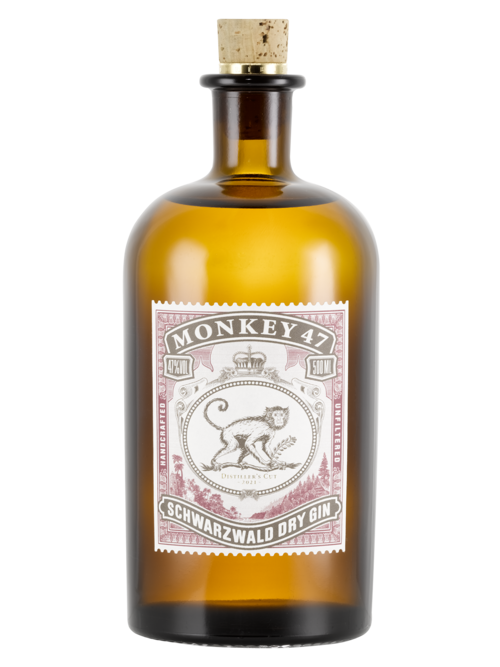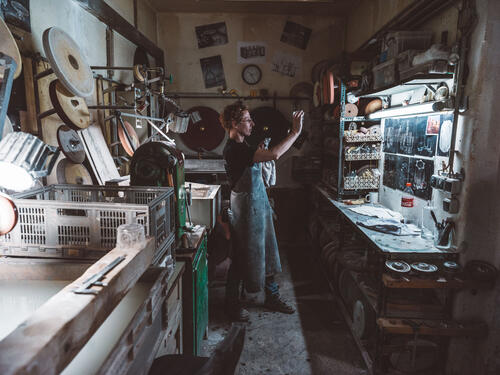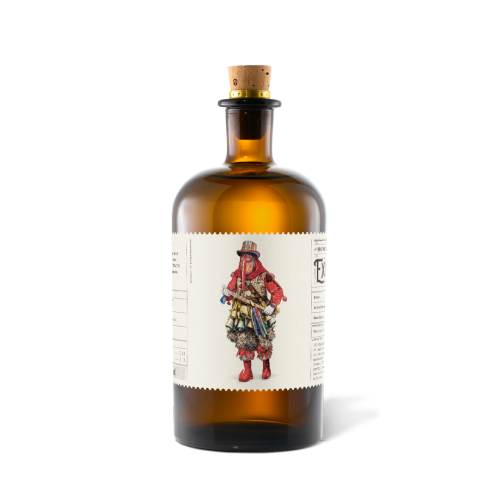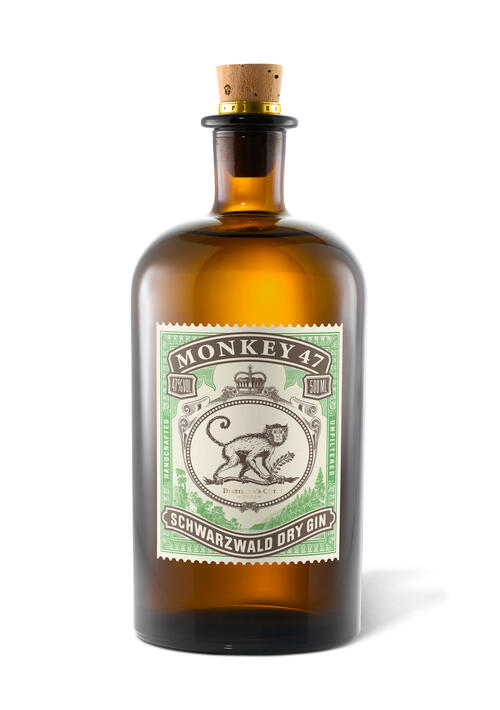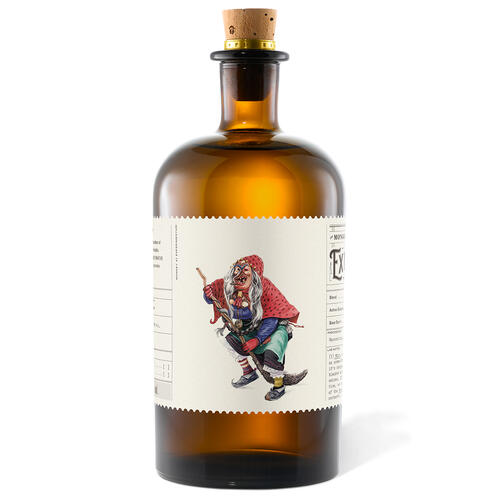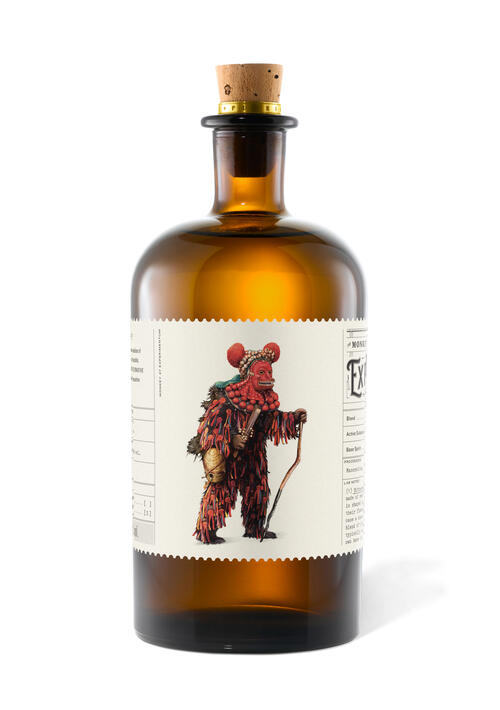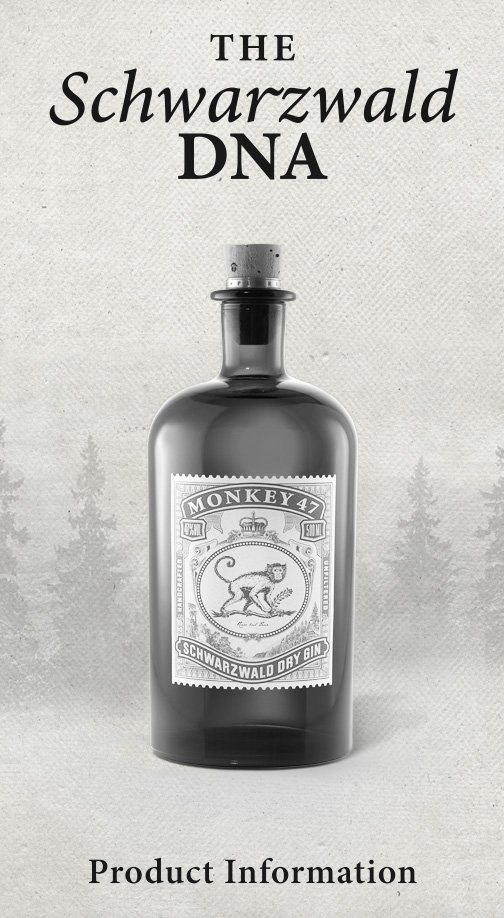Monkey 47 Experimentum Series
2y03: Vienna – Monkey 47, apricots and poppy
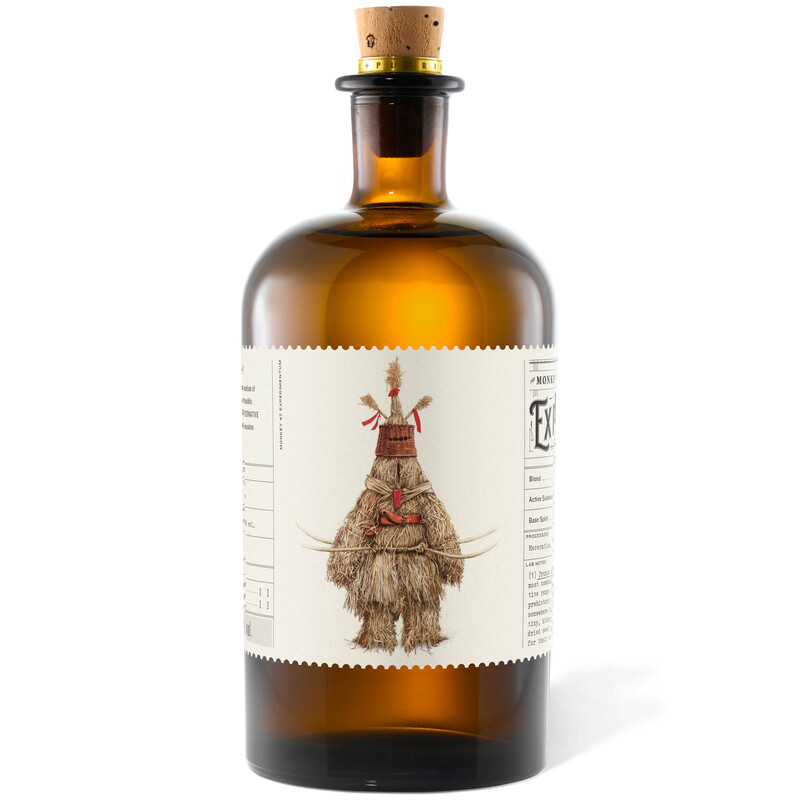
The art of distillation goes hand in hand with chasing aromas and rendering them in liquid form – although alcohol is merely the medium, not the actual goal of the process. Meanwhile, the world of spirits is divided into categories rather than sensory components and the possibilities associated with them. It’s a form of conditioning that stands in contrast to our obsession with variety and innovation. Why do distillates and spirits have to fit into a particular category? What’s wrong with forging down other paths, challenging current technologies and traditions, and contemplating the world of aromas from another perspective? To answer these specific questions, we've expanded our facilities to include the Monkey 47 Booze Lab.
The purpose of the Booze Lab is to push the envelope of what's possible in sensory terms by continuing to explore diverse aromas and ways to capture them in alcohol with alternative distillation and culinary techniques. In our new Experimentum Series, we’ll be bringing to market some of these experiments in extraordinary “spirit blends” based on Monkey 47 several times every year in editions that will be limited to no more than 500 bottles each. These blends will combine cutting-edge vacuum distillation with alternative methods of aroma extraction, making each of them an authentic flavour experience that defies categorisation.
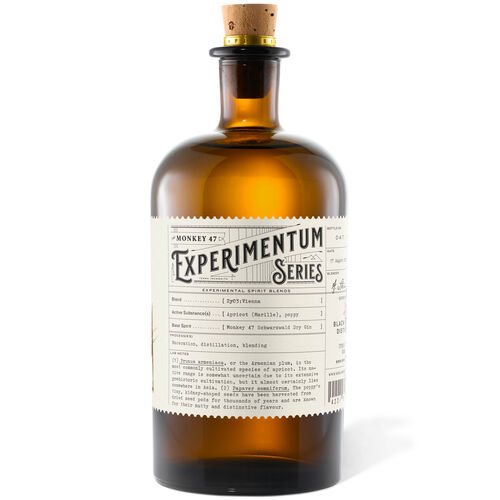
2y03: Vienna
About 80 kilometres west of the Austrian capital, the picture-perfect Wachau Valley can be found between the towns of Melk and Krems on the blue Danube. The apricots grown in abundance there have served as the main inspiration for the third entry in our Experimentum Series, which we’ve refined with a hint of the poppies that are currently blooming into a natural spectacle across wide swathes of the surrounding Waldviertel region.
Lab notes – for those wanting to know more…
These apricots (Prunus armeniaca) – or Marillen, as Austrians call them – are known for their velvety texture and exceptional sweetness, but they also pack a healthy dose of vitamins and minerals. Originally native to China, the fruit first fell in with the soldiers of Alexander the Great, who brought it to a new home on the Mediterranean Sea. It would eventually go on to traverse the Alps in Roman satchels and spread throughout Germanic territory, as well.
Apricots blossom early in the year and are therefore vulnerable to late frosts, which is why harvests vary considerably from year to year. When crushed, the small, almond-shaped seed found at the centre of an apricot stone releases the sweet scent of marzipan.
Meanwhile, the ripe, dark-blue seeds of the breadseed poppy are typically ground to obtain their unmistakeably nutty and slightly bitter flavour, which is often incorporated into traditional Austrian dishes like strudel and Germknödel. Since they contain a high percentage of fat, poppyseeds are also excellent at bringing out the flavours of a fine distillate.
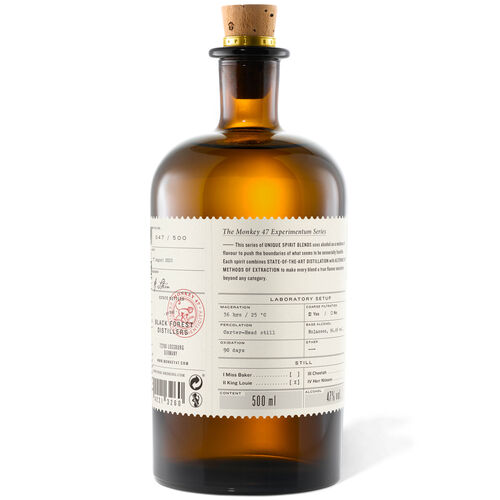
Tasting notes
Upon sampling the touch of juicy sweetness and slightly nutty flavour of Monkey 47 Experimentum Series 2y03, your thoughts may be sent wandering to a cosy spot under a canopy of delicate blossoms on a lush green meadow. A subtle undertone of marzipan mingles with a hint of poppyseed to make it a truly unique taste experience – one for true connoisseurs who don’t mind pushing the boundaries of what seems sensorially feasible.



